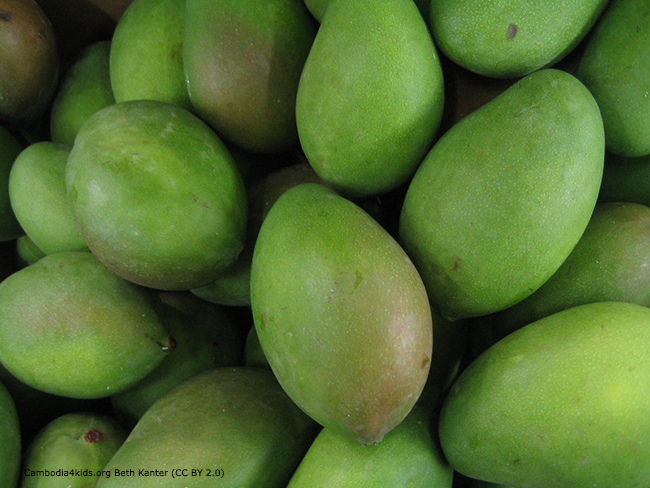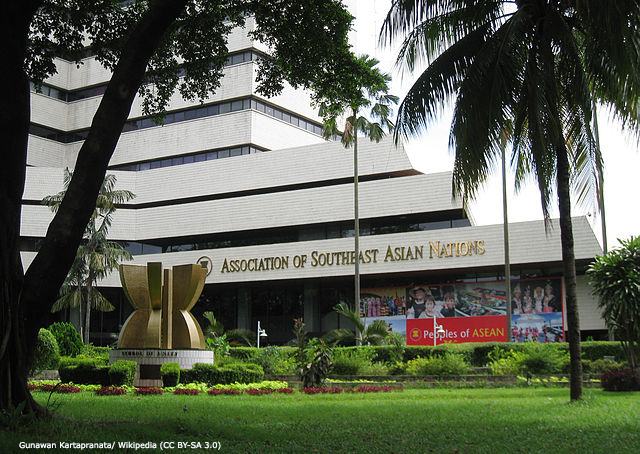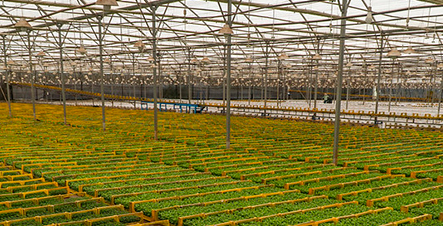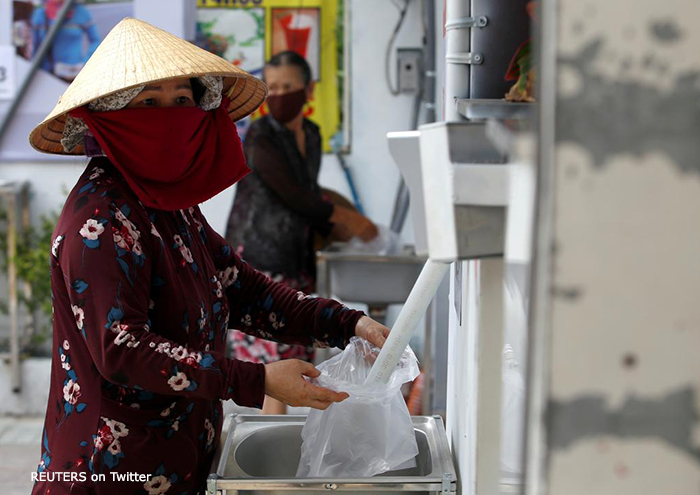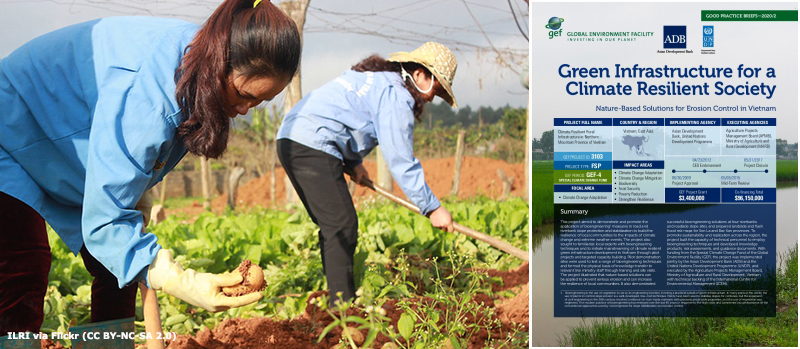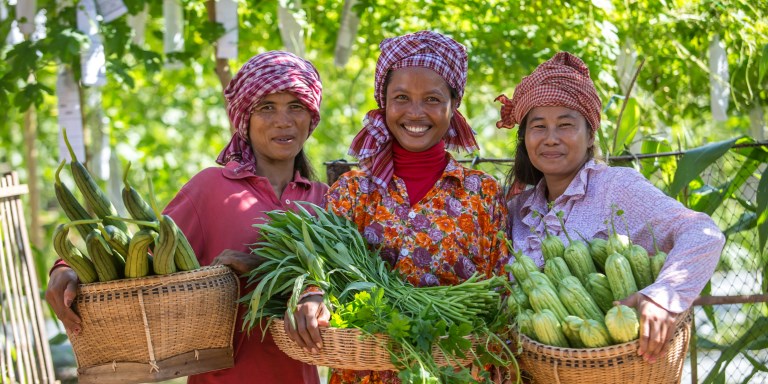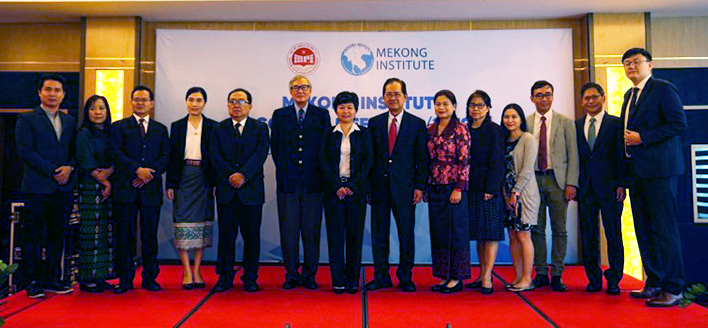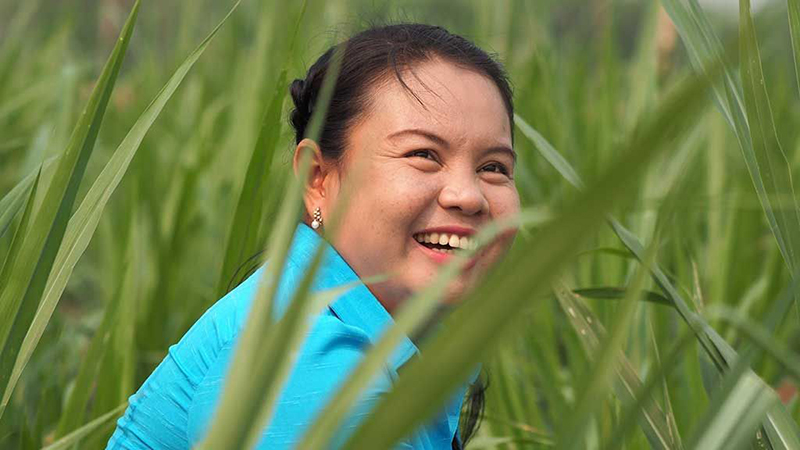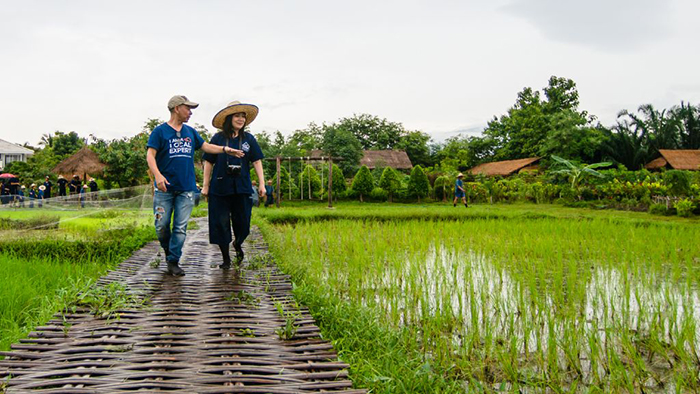
LocalFarm enables farmers and gardeners who had relied on tourism for their incomes to market seasonal fruits, vegetables, salads, and processed fruits directly to consumers. Photo courtesy of TakeMeTour via ADB.
ADB Ventures Backs LocalFarm to Help Thai Tourism Endure Downturn
The Asian Development Bank’s (ADB) impact investment platform, ADB Ventures, has teamed with the Tourism Authority of Thailand (TAT) to support technology startup TakeMeTour to develop the LocalFarm online platform and help mitigate the impact of the coronavirus disease (COVID-19) pandemic on Thailand’s tourism sector.

